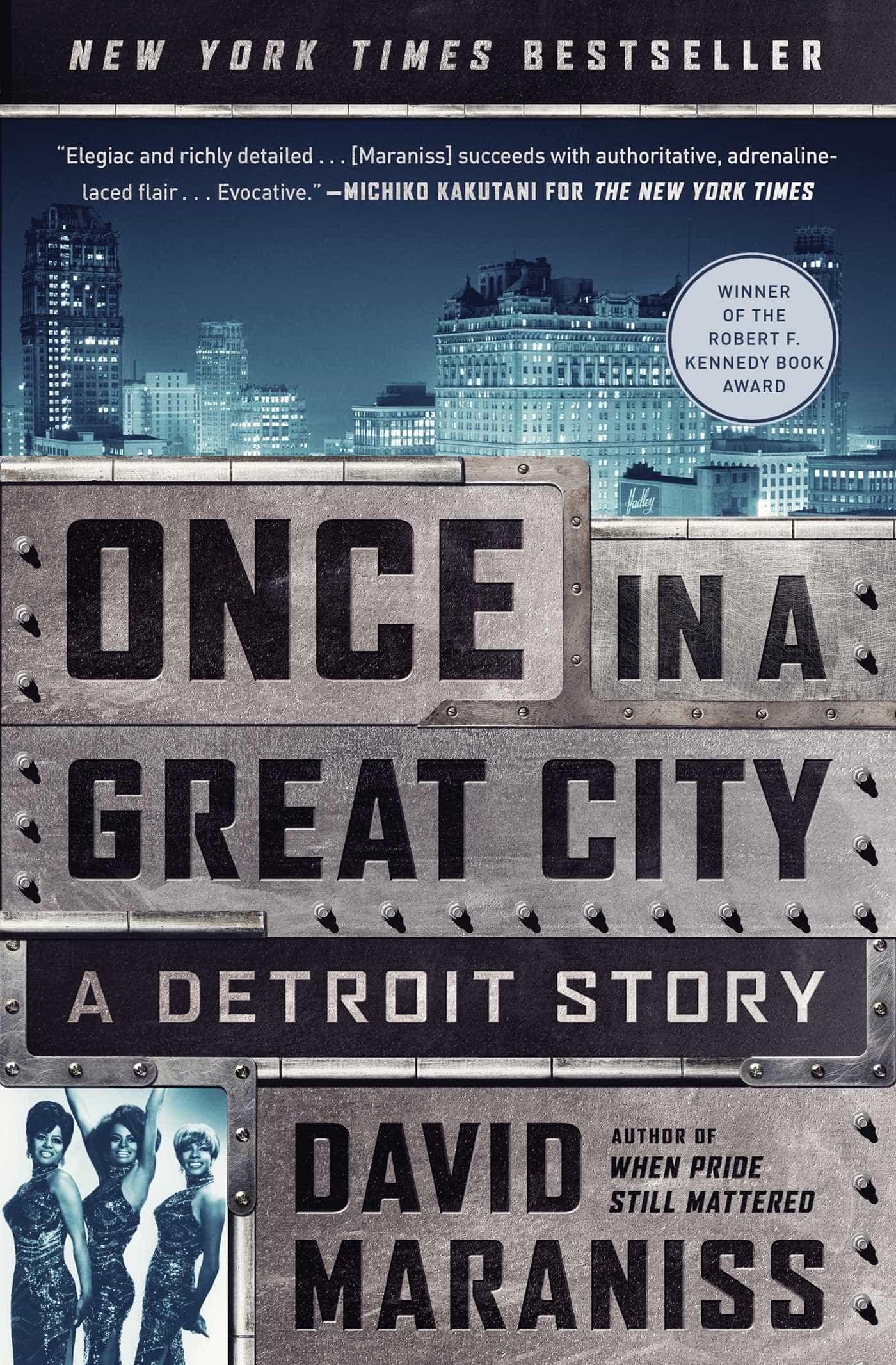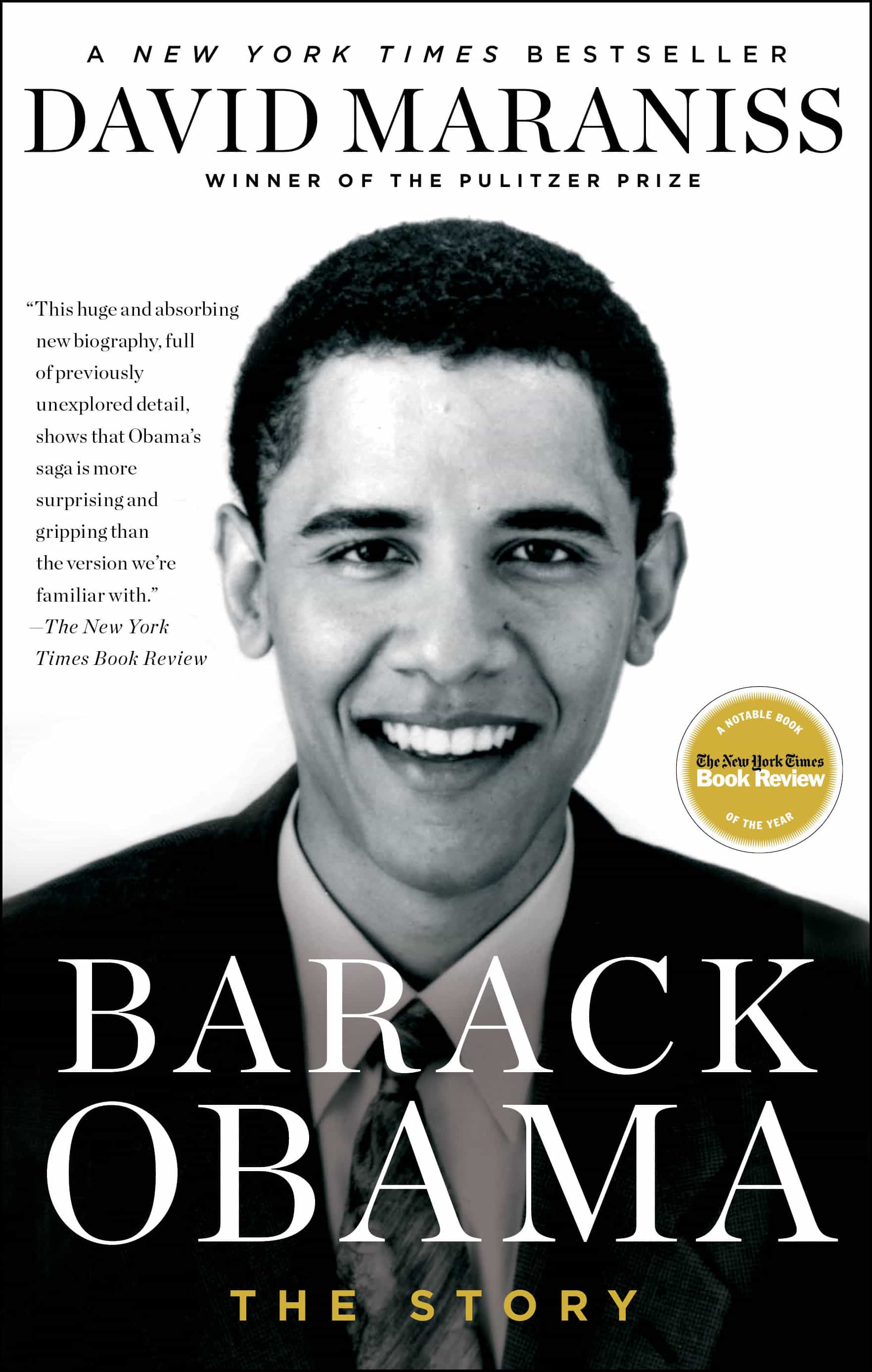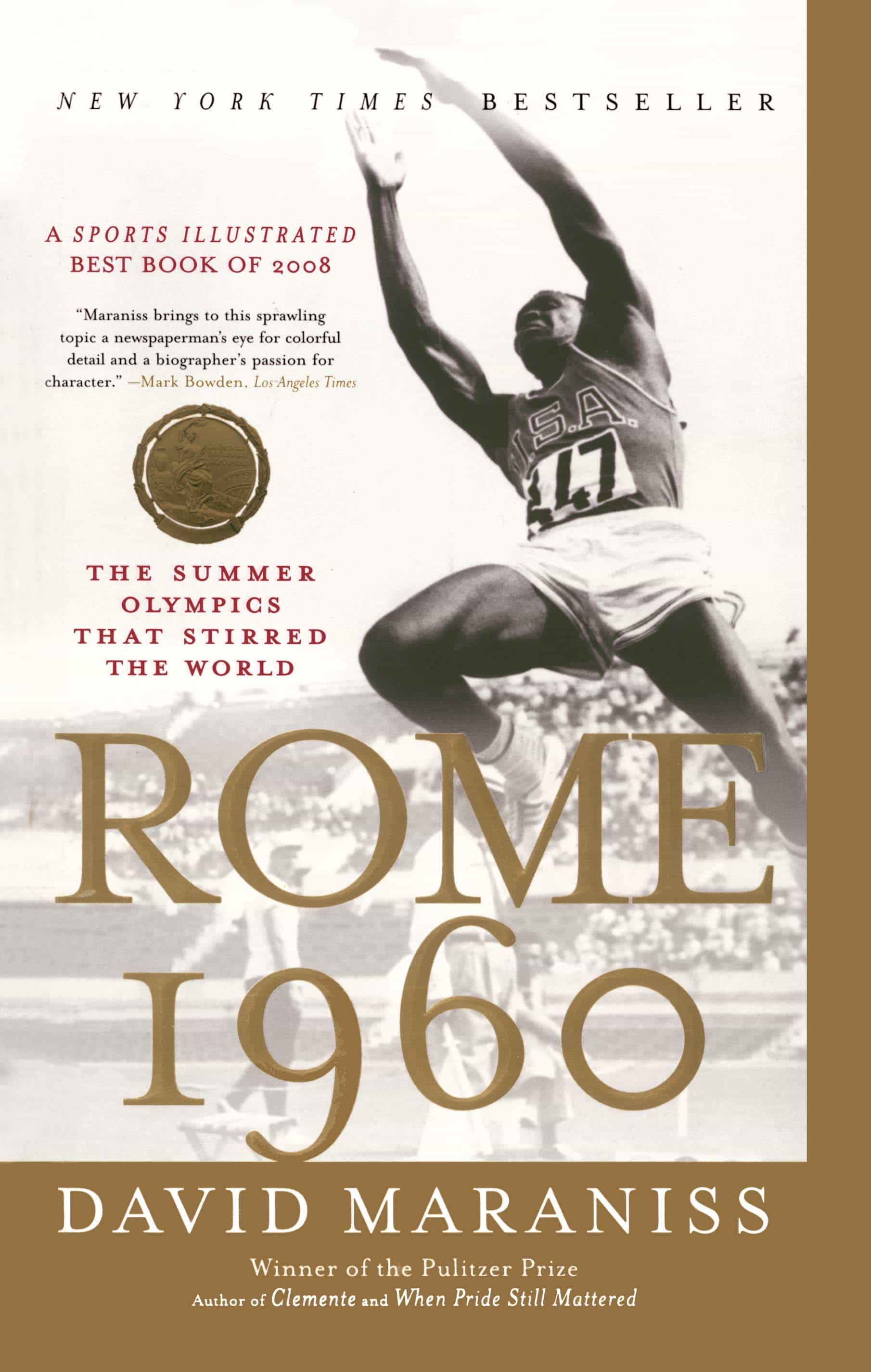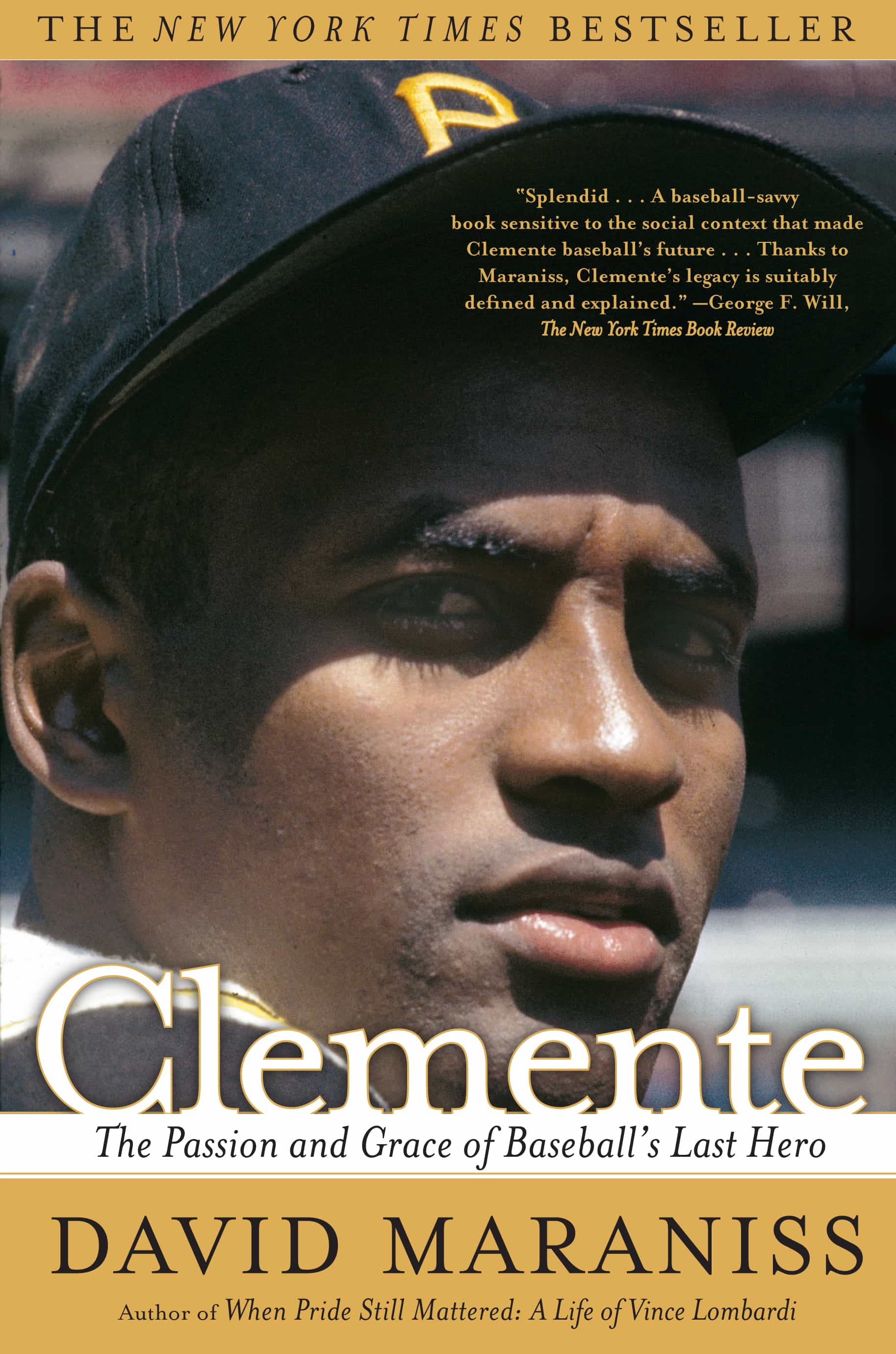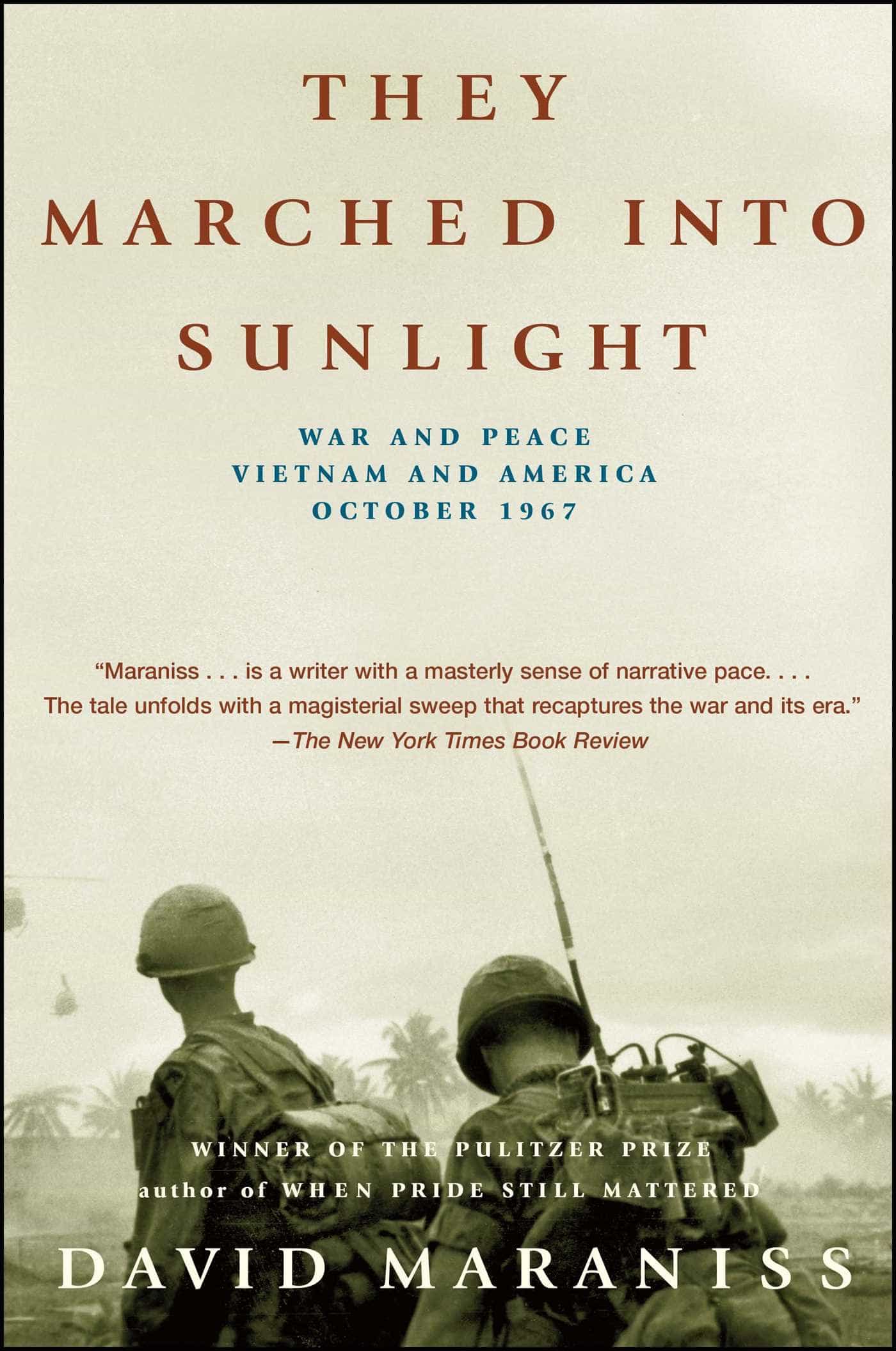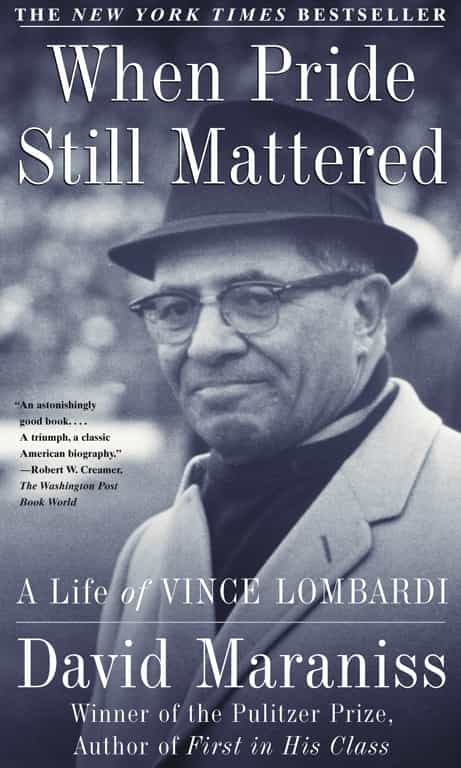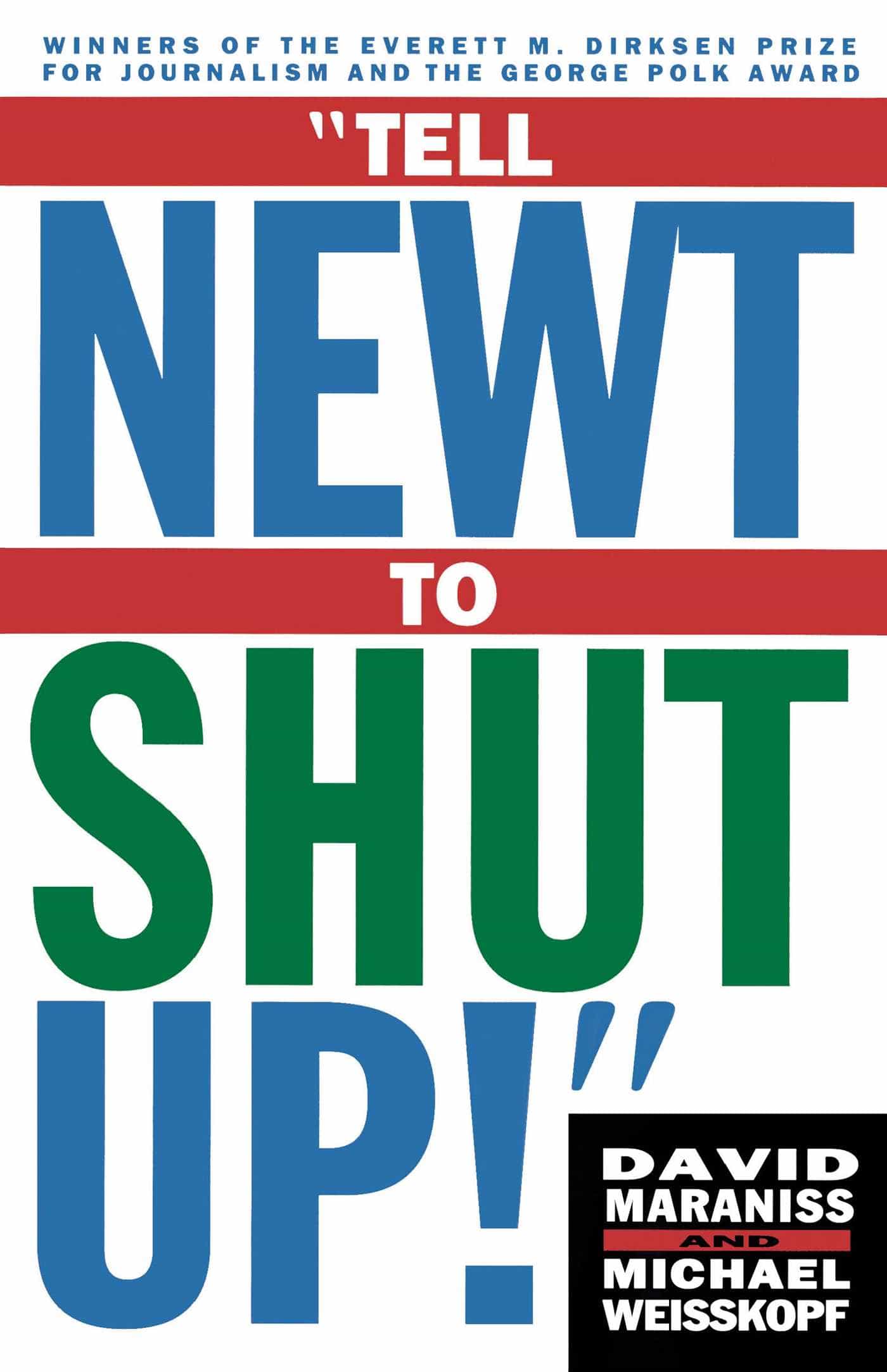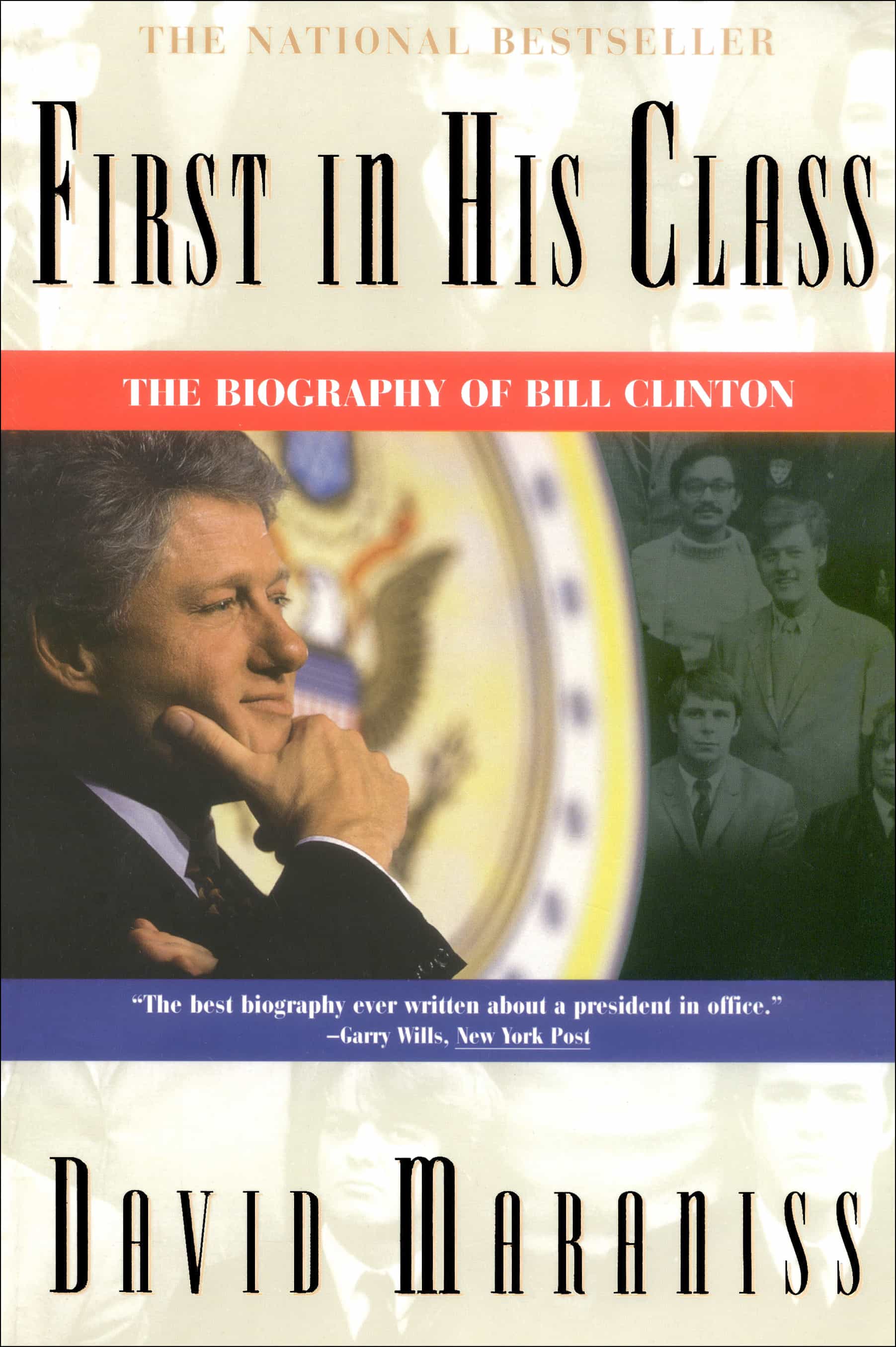About David
David Maraniss is a New York Times best-selling author, fellow of the Society of American Historians, and visiting distinguished professor at Vanderbilt University. He has been affiliated with the Washington Post for more than forty years as an editor and writer, and twice won Pulitzer Prizes at the newspaper. In 1993 he received the Pulitzer Prize for National Reporting for his coverage of Bill Clinton, and in 2007 he was part of a team that won a Pulitzer for coverage of the Virginia Tech shooting. He was also a Pulitzer finalist three other times, including for one of his books, They Marched Into Sunlight. He has won many other major writing awards, including the George Polk Award, the Robert F. Kennedy Book Prize, the Anthony Lukas Book Prize, and the Frankfurt eBook Award. A Good American Family is his twelfth book. He and his wife Linda, a retired environmentalist, live in Washington, D.C., and Madison, Wisconsin, their home town.
Tell us about how you approach writing a new book? If I’m going to write a book, I have to be obsessed with the topic. I’m not going to just write a book about a famous person. So I’m always looking for two things — a dramatic story, and themes that illuminate the sociology and history of America.
I talk about the four legs of the table that I use for writing. The first leg is to go there, wherever “there” is for my book. In 1996, I turned to my wife and uttered those immortal loving words, “How would you like to move to Green Bay for the winter?”, to which she responded, “Brr.” But I realized that to do the book on Lombardi, I had to move to Green Bay. I had to experience what it was like in this company town where everything was Packers.
“If I’m going to write a book, I have to be obsessed with the topic. I’m not going to just write a book to write a book about a famous person. So I’m always looking for two things — a dramatic story, and themes that illuminate the sociology and history of America.”
The second leg is to interview as many people as I can find who experienced whatever the person I’m writing about did. I went to Hope, Arkansas, where Bill Clinton spent his earliest years and camped out in the only motel in town– the Motel 8. The night clerk asked me what I was doing there, and I said, “Well, I’m starting a biography of Bill Clinton.” She said, “Oh, well, Billy, I’m his great aunt.” It turns out that half the people in Hope said they were related to Bill Clinton. The other half probably really were.
The third leg is, get the documents. Going back to the Motel-8, it was springtime, and I just have terrible allergies. One night, the clerk said, “Well, come over to my house tonight, and I’ve got a potion for you that will help your allergies.” She gave me this potion–and it made me sicker, actually–but while we were talking, she said, “By the way, up in my attic, I have a box full of Billy Clinton’s mamaw’s stuff.” So she brought down this box, and I saw she had a stack of Bill Clinton’s letters to his grandmother from when he was a student at Georgetown. So there, I was able to both get the interview and the documents at the same time.
The fourth leg is a little metaphysical. It’s looking for what’s not there, trying to break through the mythology of a story to find the truth and not just accept what other people have said or the mythology that’s built up around a story. So that’s how I approach a book before I even start writing it.
“It’s looking for what’s not there, trying to break through the mythology of a story to find the truth and not just accept what other people have said or the mythology that’s built up around a story. So that’s how I approach a book before I even start writing it.”
Who are some writers that have inspired you?
I’ve had a few writers who I’ve learned from and followed and admired. The first was my father, who was a lifelong writer and editor. He had a way of writing in an engaging style that never wrote down to people, was very intelligent, but incredibly clear. I’ve always tried to do that.
The essays that have meant the most to me were those by George Orwell. He came into his writing with a political ideology, but it never blinded him, he was looking for the truth wherever it took him. I’ve always used his essays when I’m teaching young writers how to write. There’s one essay called “A Hanging.” It describes when he was a young policeman in Burma, watching a young Burmese man being led to the gallows. There’s a puddle in front of the person who’s about to get executed and he naturally steps aside so his bare feet don’t go in the puddle. Orwell uses that moment as the most powerful argument against capital punishment that I’ve ever read, showing the human impulse of this man right before he’s about to be killed by the state. I’ve always looked for detail like that that illuminates something larger. Orwell taught me how to do that.
Notable Works
-
Once in a Great City
A Detroit Story- Robert F. Kennedy Book Award
- A Best Book of 2015 (The Economist)
-
Barack Obama
The Story- New York Times Bestseller
- Publishers Weekly Bestseller
-
Rome 1960
The Summer Olympics that Stirred the World- CHOICE Outstanding Academic Title
-
That Was the Desk I Chose to Die Under
David Maraniss, Washington Post- Pulitzer Prize for Breaking News Reporting
-
Clemente
The Passion and Grace of Baseball’s Last Hero- CHOICE Outstanding Academic Title
- Latino Book Prize
-
They Marched into Sunlight
War and Peace – Vietnam and America – October 1967- J. Anthony Lukas Book Prize
- Ambassador Book Award for American Studies
-
-
Tell Newt to Shut Up
Prize-Winning Washington Post Journalists Reveal How Reality Gagged the Gingrich Revolution- Everett M. Dirksen Prize for Journalism
- George Polk Award for National Reporting
-
-
Coverage of Presidential Candidate Bill Clinton
David Maraniss, Washington Post- Pulitzer Prize for National Reporting
